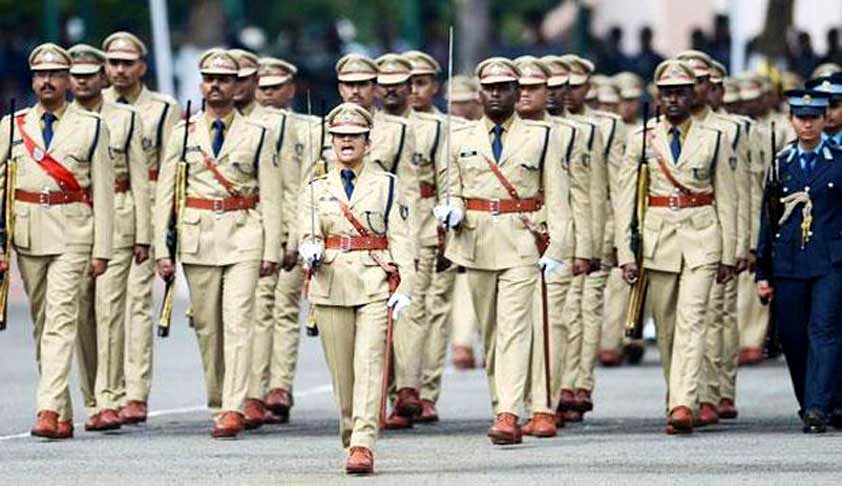Breaking; Section 36 CrPC does not debar State Police Chief to appoint a Superior Officer to investigate a Case beyond his local Jurisdiction; SC reversed Kerala HC Jt in Sourabhan
LIVELAW NEWS NETWORK
4 March 2016 7:34 PM IST

Next Story
4 March 2016 7:34 PM IST
